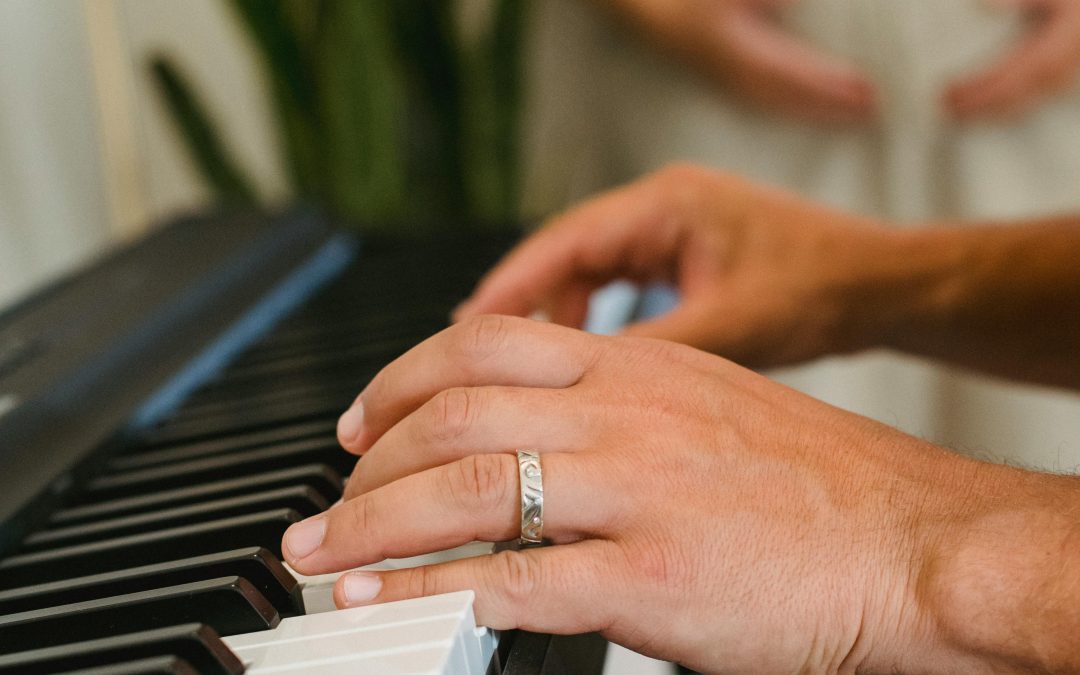One of the most fascinating aspects of pregnancy is the developing bond between parents and their baby even before birth. Many expectant parents wonder: can my baby hear music while still in the womb? The answer is a resounding yes! Babies begin to develop the ability to hear during pregnancy, and exposing them to music can have potential benefits for both baby and parent.
When Do Babies Start Hearing?
The development of a baby’s auditory system begins early in pregnancy. Around 18 weeks of gestation, the baby’s ears start to form. By 25-26 weeks, the auditory system is developed enough for the baby to start responding to sounds from the outside world. This includes voices, environmental noises, and yes, music!
By the third trimester, the baby’s sense of hearing becomes more refined. Sounds are muffled due to the amniotic fluid and the maternal body’s layers, but louder and rhythmic sounds, such as music or a parent’s voice, can be detected clearly.
How Do Babies Respond to Music?
Studies suggest that babies can recognize and respond to music in the womb. Here are some fascinating ways they might react:
- Movement: Some mothers report that their babies become more active when music is played. Rhythmic and upbeat tunes might encourage kicking, while softer, soothing melodies might calm them.
- Heart Rate Changes: Research has shown that a baby’s heart rate may increase or decrease depending on the type of music played. This indicates that they are not only hearing the music but also processing it.
- Memory and Recognition: Amazingly, babies can remember melodies they hear in the womb. Studies have shown that newborns prefer music they were exposed to during pregnancy, suggesting early memory development.
Benefits of Playing Music for Your Baby
While the scientific research on the long-term effects of prenatal music exposure is still evolving, there are several potential benefits:
- Bonding: Playing music or singing to your baby creates a special connection. It’s a beautiful way for parents to start communicating with their child even before birth.
- Relaxation: Soothing music can help reduce stress for both mother and baby. This is especially true for classical or lullaby-style music, which often has a calming effect.
- Cognitive Development: Some researchers believe that early exposure to music may stimulate a baby’s developing brain, potentially enhancing language skills and auditory perception after birth.
Tips for Playing Music for Your Baby
- Choose the Right Music: Opt for calming and melodic tunes, such as classical music or gentle lullabies. Avoid loud, jarring, or overly complex pieces.
- Moderate Volume: Remember, the baby’s world is already muffled. Keep the volume at a comfortable level—loud sounds can be overwhelming.
- Sing to Your Baby: Your voice is your baby’s favorite sound. Singing creates a personal connection and is incredibly soothing.
- Consistency: If you play a specific song regularly during pregnancy, your baby might recognize it after birth, which can help comfort and soothe them.
Babies can indeed hear and respond to music in the womb. While the full extent of its impact is still being explored, introducing your baby to music can foster bonding, encourage relaxation, and perhaps even lay the foundation for early learning. So go ahead, press play on that soothing playlist or hum your favorite tune—your baby is listening!

